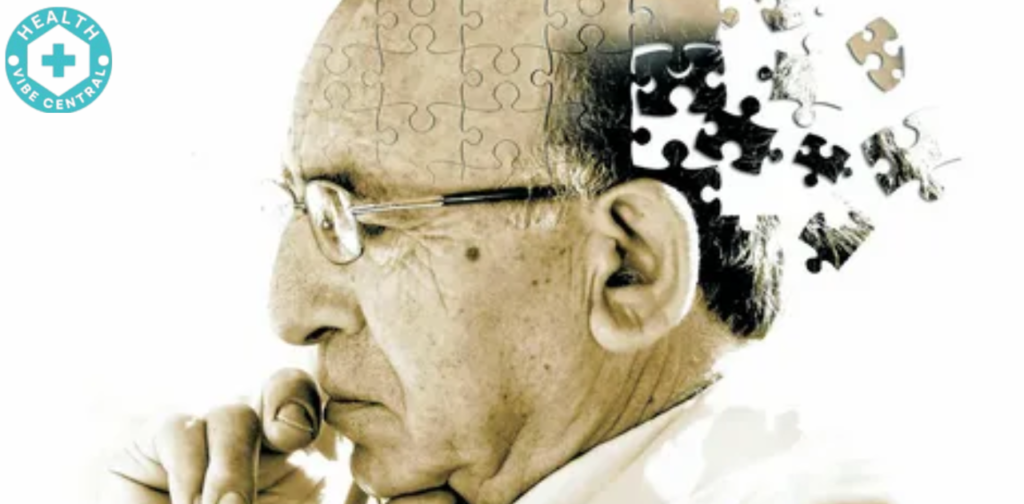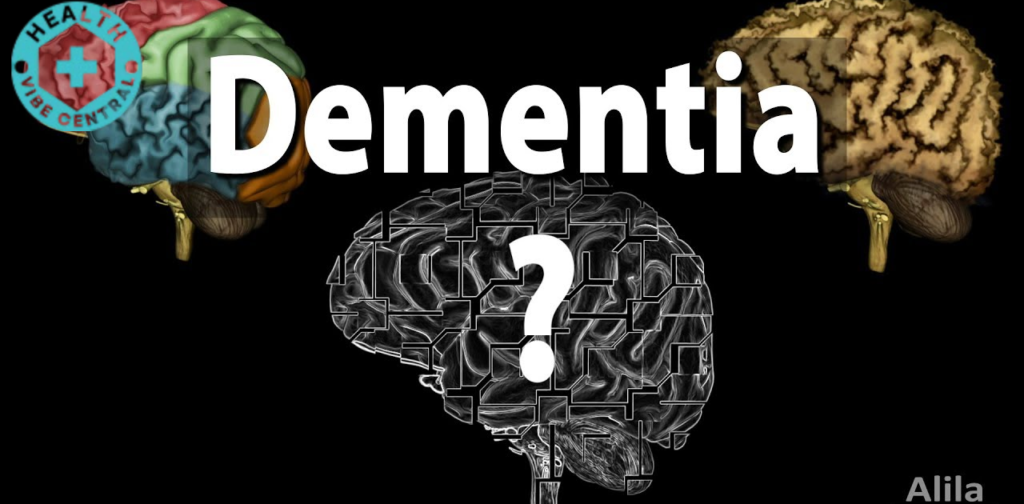
Learn the basic information Dementia about this and what it is; the signs or symptoms of dementia; the possible risk factors for dementia and some of the approaches to caring for people with this The following are gain to support those affected by this challenging condition in Dementia
Dementia
Dementia is a significant and continually emerging problem that has an impact on millions of people across the globe and their families. This article will, therefore, discuss the types of , related symptoms, probable risk factors, possible diagnosis, and the Dementia best approaches to handling a patient with
What is Dementia?
Dementia is an umbrella term that Dementiarefers to a decreased capacity to think, bringing about a level of disability that harms one’s capability to function normally. Alzheimers is not a special disease but a group of symptoms which may appear in some brain diseases or conditions. Dementia may interfere with memory, the way a person reasons, the ability to speak and understand language or how a person carries out Dementiaactivities.
Types of Dementia
- Dementia is categorized into several types, each with its characteristics and underlying causes:.
- Lewy Body: Having abnormal protein aggregates termed Lewy bodies, this type results in visual disturbances, attention variability and movement problems like those seen in Parkinson’s disease.
- Frontotemporal(FTD): Rare but specific to the frontal and temporal zones, FTD causes alteration in personality, behavior, and speaking ability. Some of the clinical manifestations of psychopathy include; impulsiveness, lack of disregard for the feelings of other people as well as; communication deficits.
- Mixed: What might be seen in some patients is an overlap of different types of such as Alzheimer’s type and vas culs defiant
Symptoms of Dementia
symptoms can vary widely among individuals but generally include:
- Memory Loss: Memory loss or confusion is usually manifested in the inability to recall what has recently happened or what was said.
- Cognitive Decline: Difficulties in such skills as: reasoning, problem solving and planning.
- Language Problems: Forgetting what people are saying, or having problems with speech or comprehending what people are saying.
- Disorientation: What is referred Dementia to as temporal–spatial disorientation: disorientation in time and space, people getting lost in familiar environment.
- Behavioral Changes: A worsening of other symptoms such as anxiety, depression or becoming withdrawn from friends and family.
- Difficulty with Daily Tasks: Difficulty in handling own hygiene, job or leisure pursuit
Risk Factors for Dementia

- This type of health problem occurs mainly in patients who have hypertension together with diabetes and hypercholesteremia and hypertension.
- Lifestyle Factors
- The supposed predisposing factors are increased body weight from an unhealthy diet, inadequate physical activity, smoking, and alcohol consumption.
- Brain Injuries A previous history of head injury or concussion increases susceptibility in a person later.Cardiovascular Health: This type of dementia is likely to occur in a patient with high blood pressure, diabetes, high cholesterol amongst other factors.Brain Injuries A previous history of head injury or concussion increases susceptibility in a person later.
Diagnosing Dementia
- Diagnosing involves a comprehensive evaluation, which may include:
- Medical History: Polling patients on manner, duration, and manifestations of their symptoms, family history, and other pre-existing conditions.
- Cognitive Tests: Achievement tests for assessing memory problems, a person’s ability to solve problems as well as a language disorder.
- Neuroimaging: An MRI/CT to ascertain whether any structural modification exists or discount other ailments.
- Laboratory Tests: Hypotensive, hyper cholesterolemic and hyperglycaemic screens because their symptoms Dementia may be masked as early signs of
Stages of Dementia
- Dementia progresses through various stages, often classified as:
- Mild (Early Stage): Memory impairments and some cognitiveues are present but do not create excessive disability. Some people may continue to be fully employed and to be able to go out as before.
- Moderate (Middle Stage): Symptoms change include confusion, language difficulties and behavioural changes. People then need help with personal cares, and they may have to be more closely monitored.
- Severe (Late Stage): Patients are unable to speak, may forget a lot and require constant supervision. There are also logical deficits that may manifest as a result of deterioration of physical strength that causes movement impairments.
Caregiving for Individuals with Dementia
A secure environment should be established by maintaining an area without safety hazards or mobility barriers for people who need to move around. Eliminate potential risks including slippery rugs and other sharp items and consult with a physician to place locks or alarms on doors.
- Establish a Routine: Apparently, a daily schedule may be beneficial to enforce the regularity and give familiar environment to the persons with . Sticking to the standard breakfast, lunch, dinner and exercise and activities help in lowering cases of anxiety and confusion.
- Communicate Effectively: In writing for the masses, it is advisable to avoid use of complex language and long sentences. Have courtesy and respect, keep eye contact and wait longer for the answers. Paralanguage also known as non-verbal communication which include; the use of hands while talking and facial expressions also play a vital role in communication.
- Encourage Independence: Allow people to practice only within their capabilities, so that they can exercising control. Dividing a task into parts is easier in the sense that there would be something to accomplish at any one given time.
- Manage Behavioral Changes: Bear in mind that certain behavior alterations stem from confusion, fear or frustration. Relaxation strategies like breathing or practicing a favorite hobby, as well as a process of avoiding conflict
Coping Strategies for Caregivers
- Take Breaks: Always try to set your daily or weekly routine with break time. Services of respite care or other relatives and friends can help with this.
- Practice Self-Care: Take up hobbies, have company, and exercise and eat properly.
- Educate Yourself: Knowledge on the disorders helps one cope with them appropriately. Watch workshops, read books, ask a doctor what must be done, etc.
Innovations in Dementia Care

The ethics are vibrant, possibly getting a great deal of new scientific subject again.
Technology in Care: Automated homes, smart clothing and digital mobile devices which are Wearables would be useful for health and safety checks. Technologies such as GPS could also be helpful for helping caregivers to find wandering individuals.
- Person-Centered Care: This approach focuses on the client’s choices, background, and feelings. Closely adapting care plans to individuals can result in effective involvement and decrease challenging behavior.
- Music and Art Therapy: There is tentative evidence for the beneficial effects of creative therapies on mood and cognition in people with . Some of the activities that make the advancement include music, art or dance because they help progressive those who are having problems in asking other people questions or even in recalling some events within their lives.
- Community Engagement: patients are often socially isolated; therefore, intervention programs that foster social contact and attendance of social events sharply reduce deterioration of the patients’ mental health. Memory cafes are actual venues or associations that allow people and caregivers to share their experiences.
Conclusion
The fight against can truly become an effective one only when there is more public knowledge about the different subtypes and signs of dementia, the risk-defining factors, and appropriate caregiving strategies. Societal awareness of education and resources greatly enhances the quality of life for the person with dementia and family caregivers and promotes -capable communities.